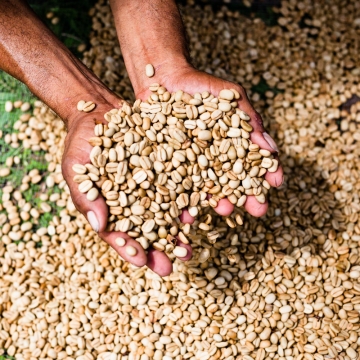Which farming systems are efficient for Vietnamese coffee farmers?
This paper provides a comparative assessment of the productive efficiency of three common coffee growing systems in Vietnam: mono-cropping, synchronization and segregation. Results from an input distance function approach deliver several important findings. First, the average inefficiency level is estimated to be around 18% although inefficiency varies significantly between the three farming systems.


